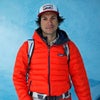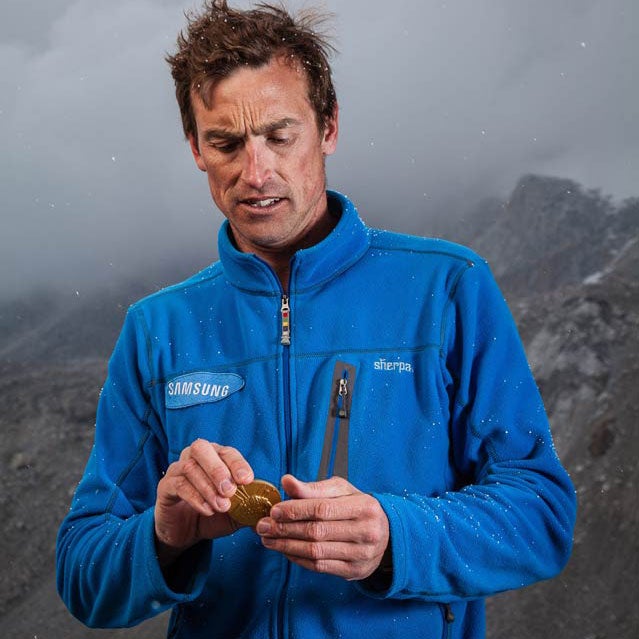The story goes like this: In 1924, at the closing ceremonies of the first Winter Olympics in Chamonix, Baron Pierre de Coubertin鈥攆ather of the modern Olympics and first IOC chairman鈥攁warded the members of the 1922 British Mount Everest expedition, including George Mallory, gold medals for “absolute heroism on behalf of all of the nations of the world.” (When he conceived of the modern Olympics in 1894, De Coubertin envisioned medals being given for both aeronautics and alpinism. The last medals in alpinism, a pair of silvers, were given to Reinhold Messner and Jerzy Kukuczka at the Calgary Games in 1988 for each man’s completion of all 14 of the world’s 8,000-meter peaks, though Messner refused the medal.)
The expedition’s deputy leader Lt. Col. Edward Strutt, accepted all 21 medals on behalf of his team鈥攕even of them were awarded posthumously to the high-altitude porters killed in an avalanche at the North Col鈥攁nd made a pledge to De Coubertin: The British, at the very next opportunity, would place one of these medals on the summit of Mount Everest.
“Only they literally missed the boat,” says alpinist , 38, of Quenington, England, explaining the legend to me in his communications tent at Base Camp in May. The ill-fated British 1924 expedition鈥攖he disappeared Mallory and Irvine; did they or didn’t they鈥攈ad already set sail for Asia by the time Strutt returned from the Alps. The pledge and the medals were forgotten like something out of Tolkien in the intervening years. But, instead of a hobbit uncovering the precious medals, it was a marketing executive.
“A colleague, Rich Robinson, was researching some stuff on the Olympics鈥攈e works for a big advertising agency鈥攁nd stumbled across this pledge,” says Cool. “His own words were, I have to make this sort of shit up for work, but this is real.”
Cool, Britain’s most Everesty climber with nine summits to his credit, including one where he guided British Polar explorer Sir Ranulph Fiennes to the top, was just the guy to fulfill the pledge. And as luck would have it, the Olympics are headed for London this summer. Perfect timing. One problem: They needed a medal. After Cool and Robinson confirmed the utterance of the pledge and convinced Cool’s sponsor Samsung to underwrite the project, they set about finding a medal.
The first two they located were locked in museums, so they turned their attention to the scions of expedition members. “We finally tracked down Arthur Wakefield’s grandson Charles Wakefield, who lives in Toronto,” says Cool. “After very little correspondence, a few emails and a telephone call, I was on a plane going to Toronto.”
Now, gold medal tucked carefully in a red handkerchief, Cool is making his final preparations for a summit attempt. When he returns, he’ll send the medal back to the Wakefields in Toronto and then hustle back to the U.K., where he’ll be a runner on the Olympic torch relay.


